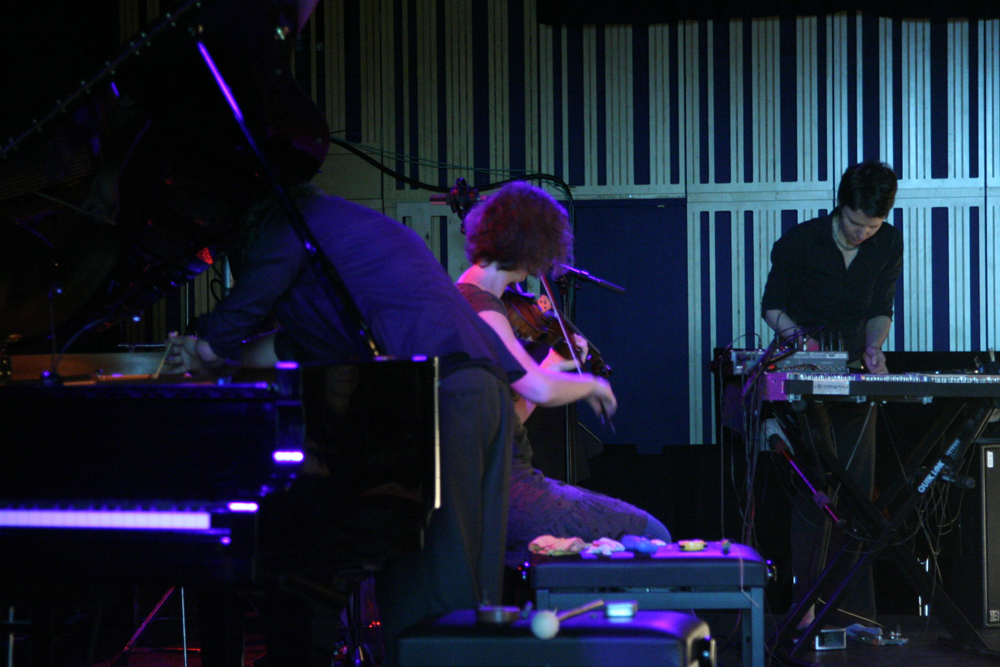
Angharad Davies, Tisha Mukarji, Andrea Neuman
Andrea Neuman Angharad Davies Tisha Mukarji
Improvising violinist Angharad Davies performing with pianists Tisha Mukarji and Andrea Neumann.
Arika have been creating events since 2001. The Archive is space to share the documentation of our work, over 600 events from the past 20 years. Browse the archive by event, artists and collections, explore using theme pairs, or use the index for a comprehensive overview.

Improvising violinist Angharad Davies performing with pianists Tisha Mukarji and Andrea Neumann.

Do ideas emerging from particle physics help to re-think of blackness as a mode of life in which it’s possible to practice difference without separation?

Moor Mother is a musician, Philadelphian housing activist and black quantum futurist.
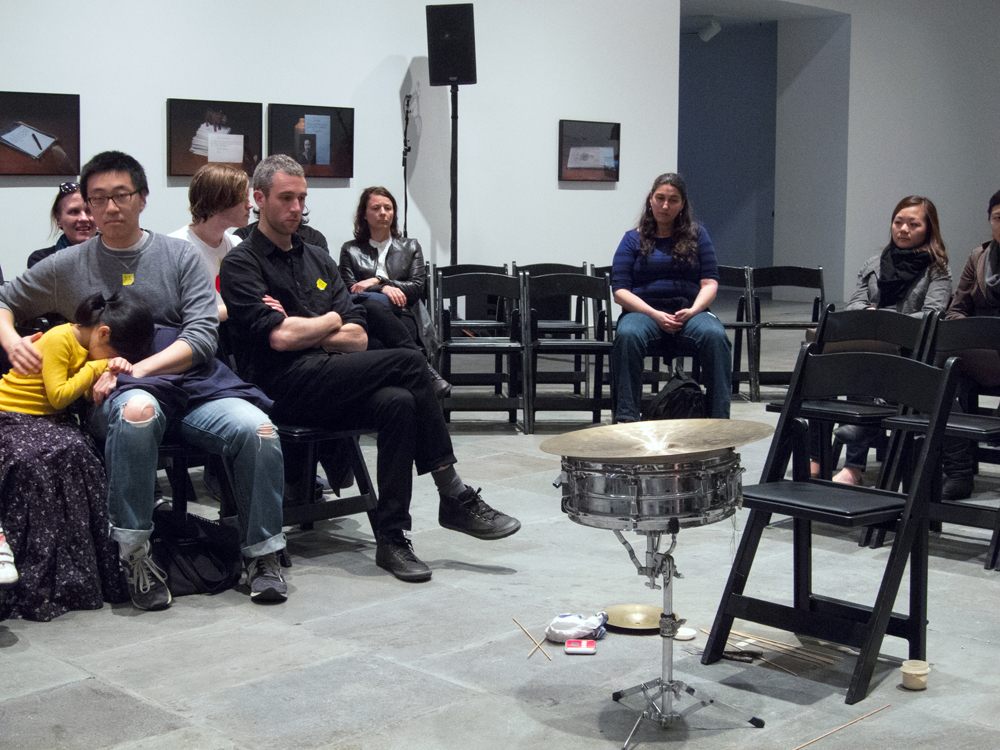
Percussion used to explore the social construction of space

Out of a dark haze, shafts of lights are picked out from the surface of film. Out of the black silence, noise, audible scratches bloom into a bright drone of broken and cracked objects.

Cardboard boxes, metal guitar, critical homage, attempts to describe things you can’t describe. A one-man Grand Guignol school play.

A recorded a conversation that grounds the Episode, exploring Ailton Krenak’s thinking and distinct poetics of life; as it work against capitalism and fascism, as a denunciation of political alliances, and maybe even of ‘politics’.
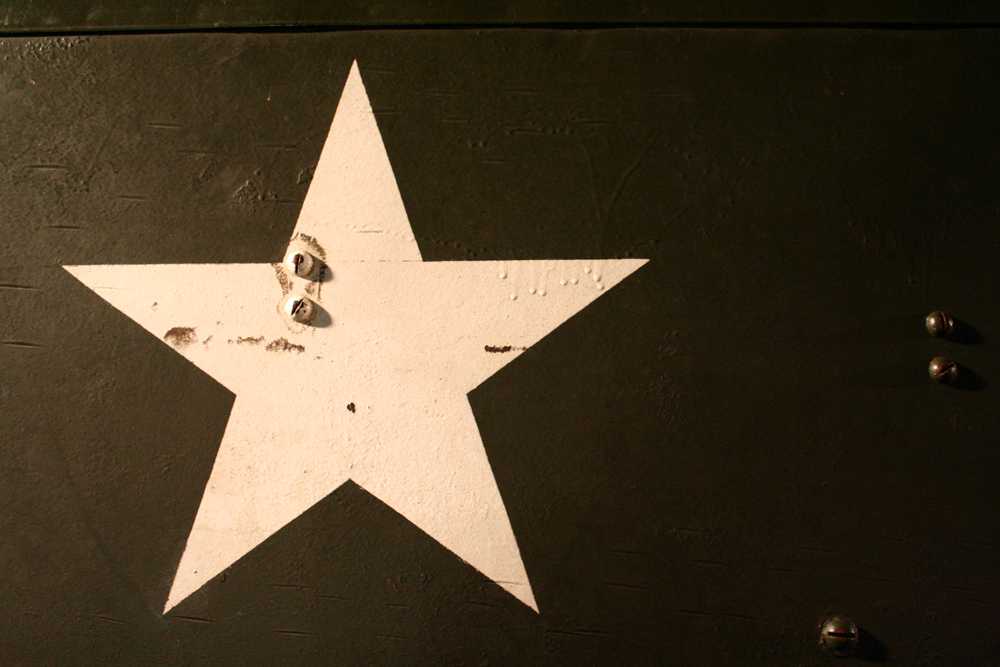
Akio Suzuki and John Butcher performing in an abandoned oil tanker on Hoy.

Everyday objects and materials (rubber bands, paper, a sink, microphones) disabused of their inertia and made to speak for themselves in a kind of focusing in on the tiny, repetitive, almost unobserved (sonic/ visual) potential of everyday things put into motion.
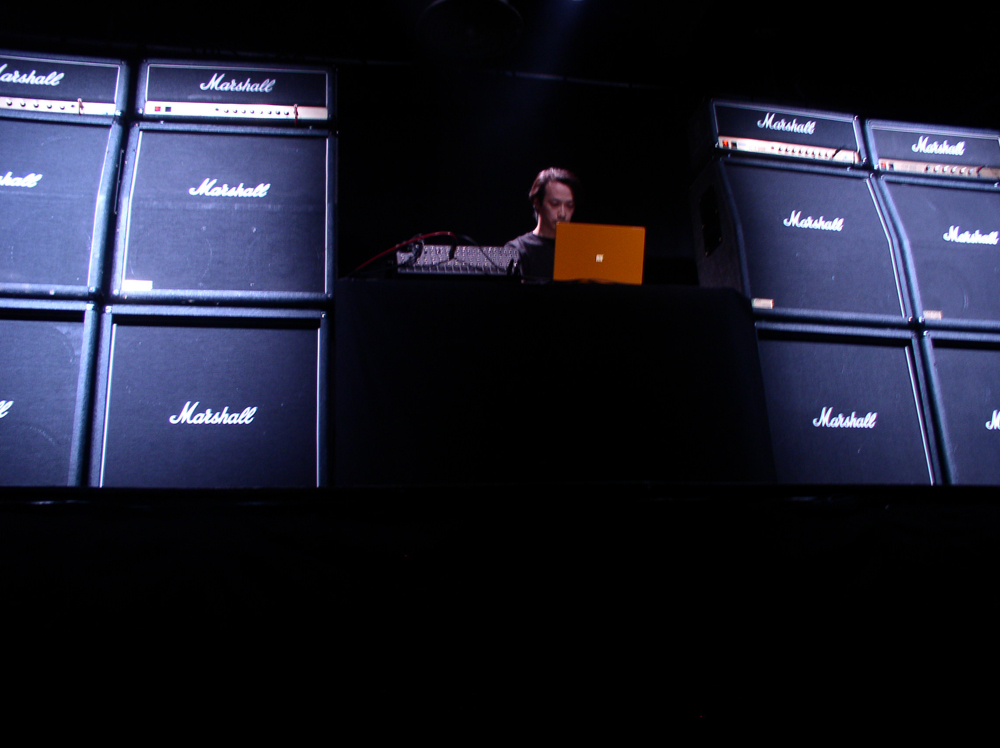
CCI Sound system: a performance in which new material will be mixed and phased between two huge PA’s, one a precise Meyer system, the other a huge wall of Marshall amps

The club as a community and a site for performed politics: deep/ queer house, vogue femme, lipsync and ballroom.
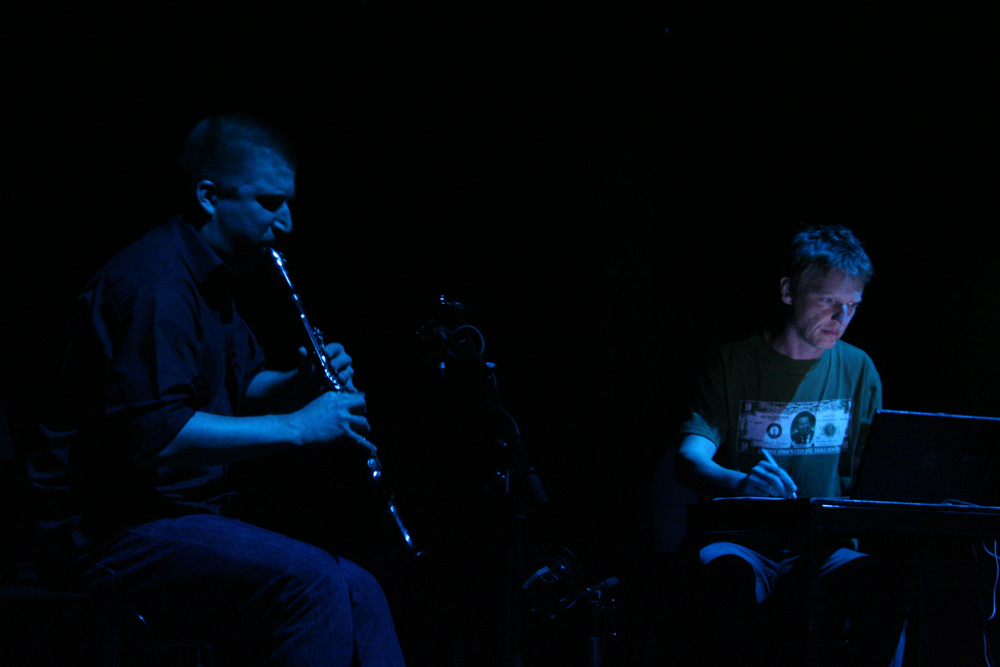
Los Glissandinos work with clarinet and sine tones beating and thrumming in your middle ear, all beautifully paced and serene, but with just enough steely menace broiling under the surface to keep you on edge.